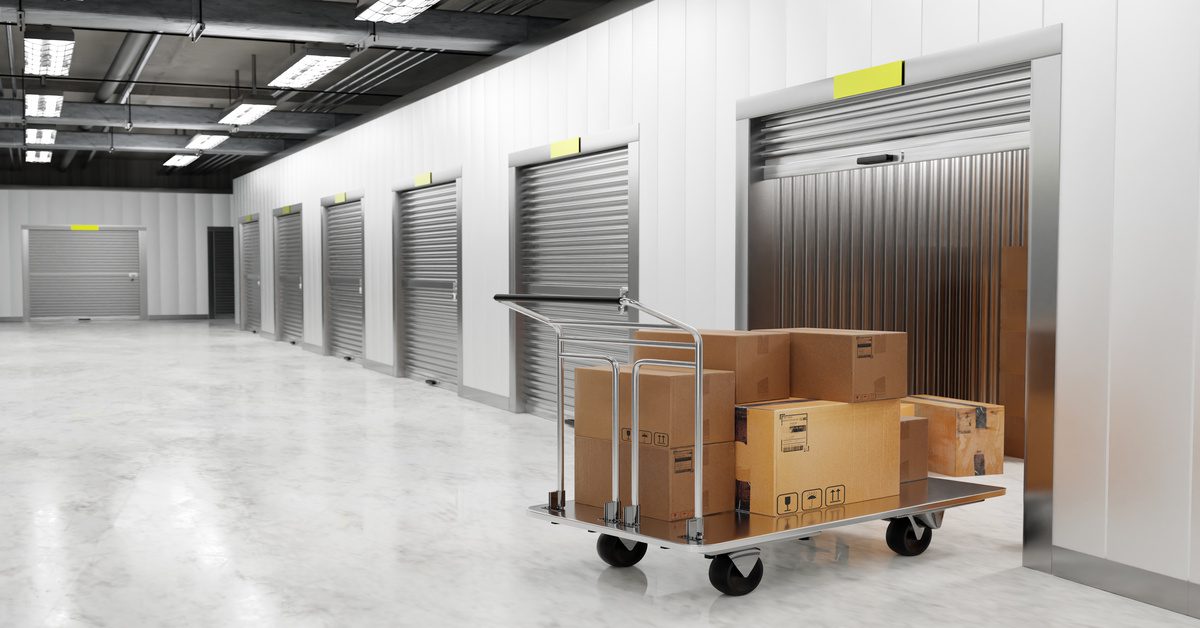
When storing your belongings—whether you’re moving, downsizing, or managing overflow inventory—choosing between PODs and traditional storage units is a key decision. While both options offer unique benefits, the key differences between PODs and traditional storage units can impact convenience, access, and long-term suitability.
Here’s what you should know before deciding.
Storage Flexibility
PODs, or portable on-demand storage containers, are delivered directly to your location. They allow you to load at your own pace and schedule pickup when you’re ready. This makes them attractive options for people in transition or those managing staggered moves.
Traditional storage units, on the other hand, are located at fixed facilities. While they require transportation to and from the unit, they often provide more predictable storage for long-term use. If you prefer structured access or anticipate needing ongoing support, traditional storage may be a better fit.
Access and Convenience
Access is a critical factor when choosing between storage options. Once a POD unit is picked up and stored at a remote location, retrieving individual items may require advance notice or incur additional fees.
In contrast, traditional storage facilities typically offer regular access hours, and some provide 24/7 entry, making them ideal for individuals or businesses that frequently need to retrieve belongings or supplies on short notice.
Size and Capacity Limits
One limitation of PODs is their size. Most companies present a limited number of container sizes, which may not be sufficient for storing the contents of a large home or managing bulky commercial items. Using multiple containers can increase complexity and handling concerns.
Conversely, traditional storage units come in a wide variety of sizes, from compact lockers to expansive warehouse-style spaces. This flexibility makes them suitable for both personal use and commercial operations that require scalable storage over time.
Security and Climate Control
Security is another area where traditional storage tends to excel. These facilities are usually equipped with gated access, surveillance systems, and on-site staff. Many also offer climate-controlled units, which are essential for sensitive items like electronics, documents, or antiques.
PODs may include basic locks and weather-resistant design, but they are generally not climate-controlled unless stored at a specialized facility. If you’re storing valuable or delicate items, traditional units may offer greater peace of mind.
Make the Right Choice for Your Needs
Whether you’re planning a move, managing excess inventory, or seeking reliable long-term storage, understanding the key differences between PODs and traditional storage units can help you make a more informed decision. For businesses, using a service that provides both secure storage and access to a product shipping center can provide a streamlined experience.
Capitol North American offers local, long-distance, and commercial moving services, supported by decades of experience and industry training. With locations in Las Vegas, Madison, and Milwaukee, we combine trusted logistics with personalized care.
If you’re looking for storage options backed by professional service and warehouse support, Capitol North American is ready to help.